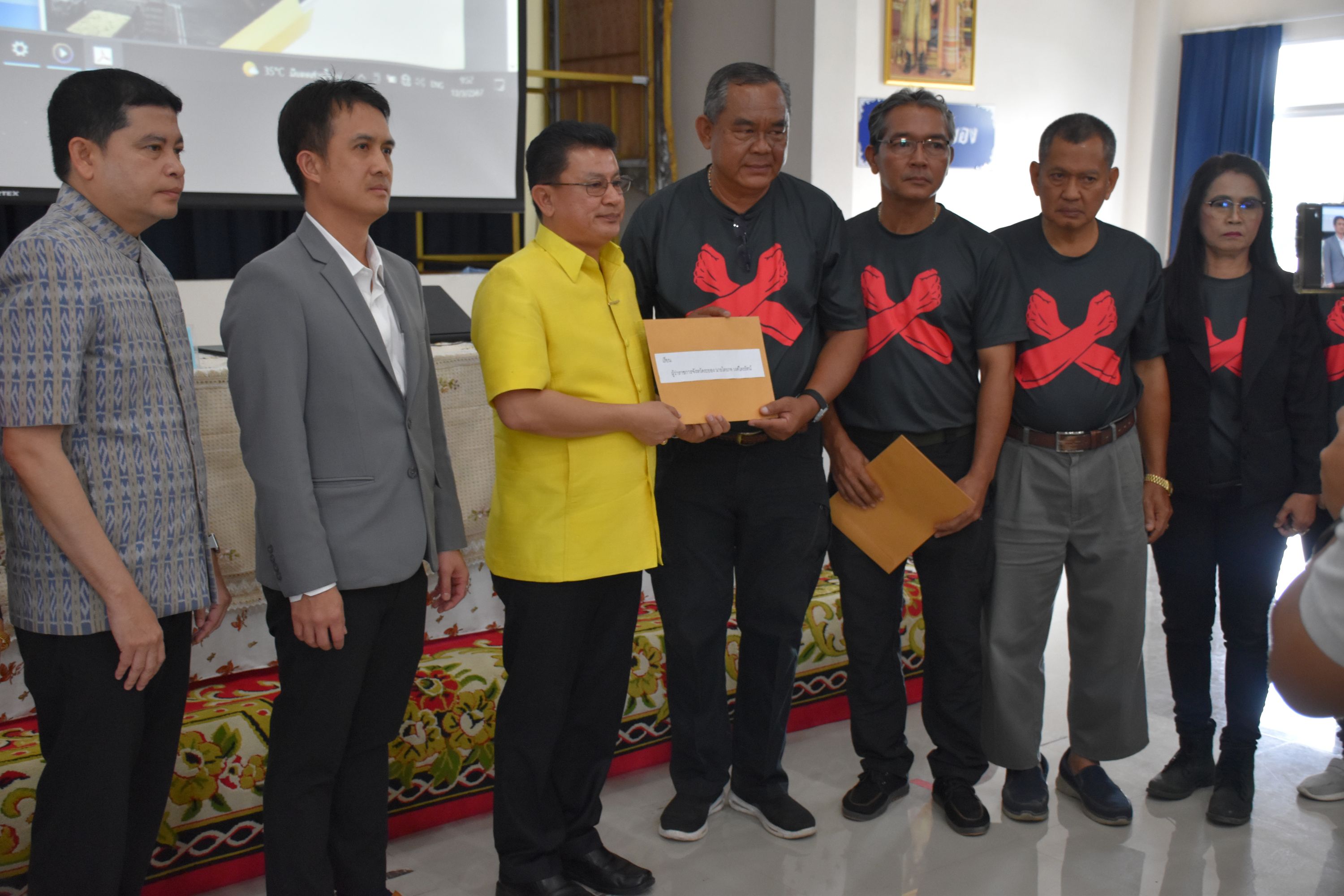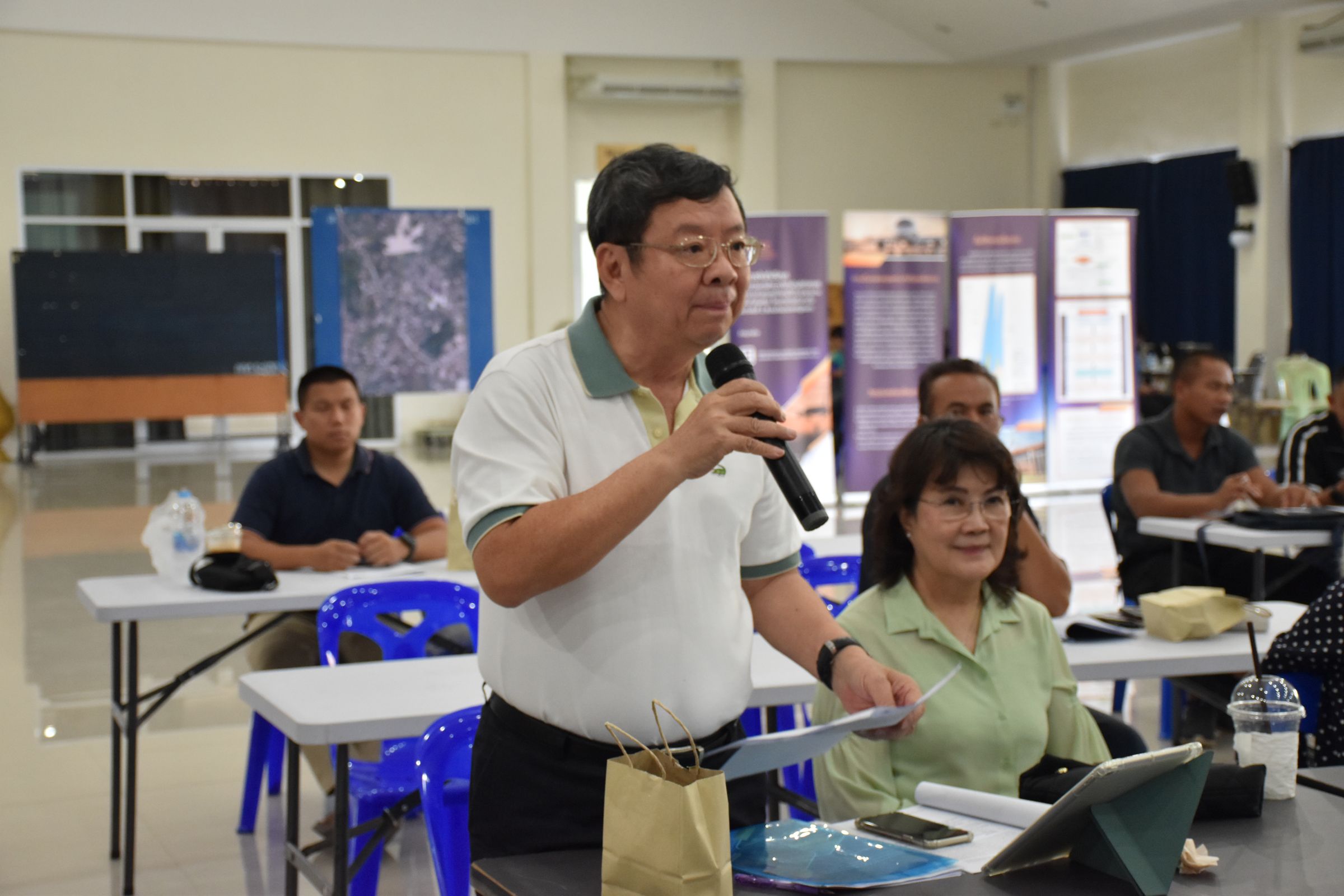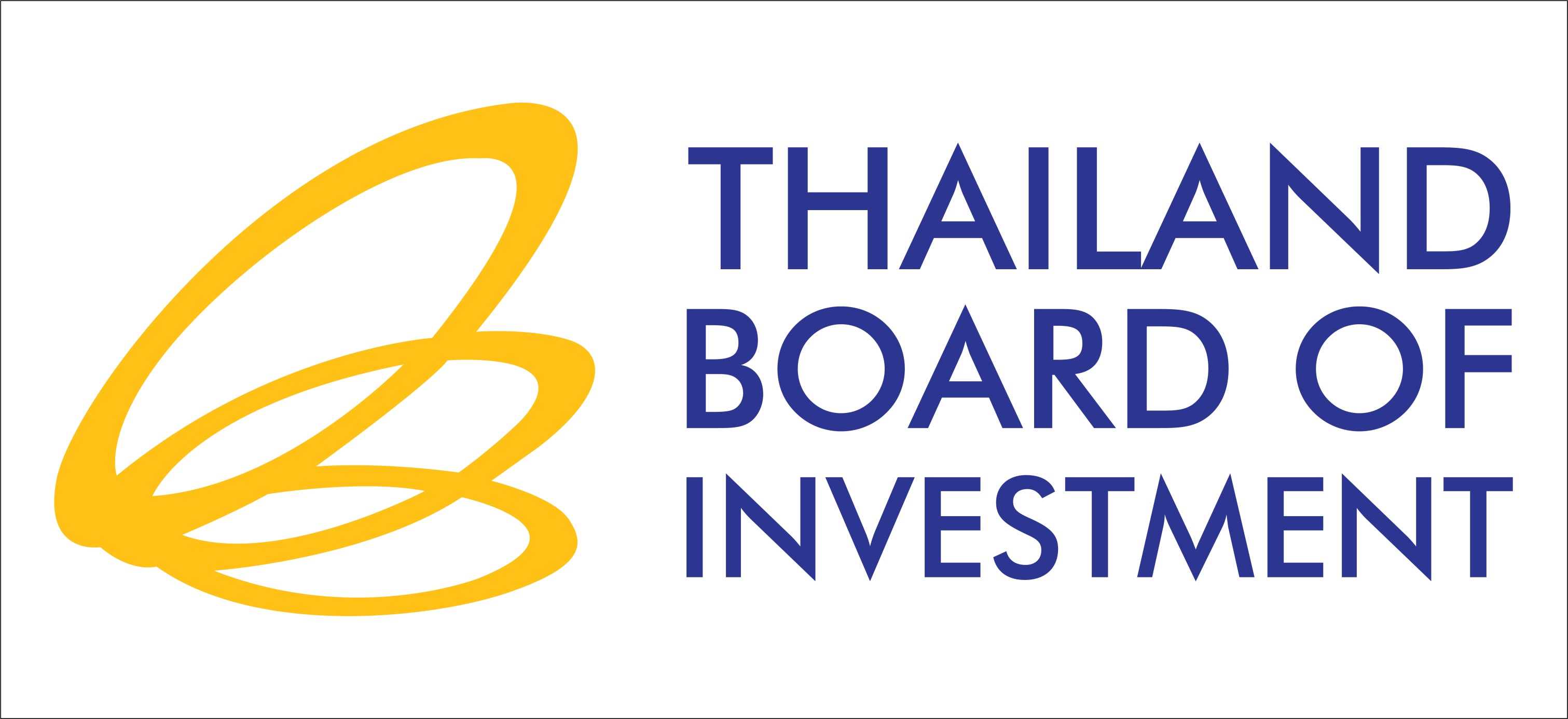EEC / U-Tapao airport
EEC / U-Tapao airport
Editorial staff
Eastern Economic Corridor Office (EECO) continues to conduct a list of people to get affected from sound waves surveys on significant adverse noise-related environmental and social impacts from taxiway and the second runway of U-tapao airport.
Tharit Issarayangyun, EECO’s deputy secretary general, said conducting the list of affected people from sound waves of taxiway and the second runway project of U-Tapao airport has been continued because the Administrative Court has yet ordered the agency to stop conducting the survey.

Communities to submit a petition to EECO to cancel a construction of the taxiway and the second runway of U-tapas airport
The communities from Tambon Samnak Torn, Ban Chang District, Rayong recently submitted a petition to Rayong’s governor, EECO secretary general and Ban Chang’s district chief to call for stopping a construction of the taxiway and the second runway of U-tapao airport, and called to revoke the sound waves map, partly as an operation of the environmental health impact assessment (EHIA). They also called on the government to conduct a new survey with a fairer model on sound wave impact, and to acknowledge public concerns.
The EHIA had already been approved by the National Environmental Policy Committee and the cabinet. Mr Tharit said the survey was conducted by experts and later the list of affected people was collected, an implement based on the EHIA result. Under the survey, the list of people affected from sound waves is done a wider coverage with an additional 100 metres from the report of EHIA.
“The agency vows to implement the compensation payment to affected people,” he said.

U-Tapao airport’s project involves large-scale construction activities and is expected to cause significant adverse noise-related environmental and social impacts. The project is in the process of preparing to construct the taxiway and the second runway of the airport.
The U-Tapao airport runway 2 and taxiway development is financed by the Asian Infrastructure Investment Bank (AIIB). Thus, the Environmental and Social Policy (ESP) of AIIB1, including the environment and social standards (ESSs) and the environmental and social exclusion list applies to the project, alongside relevant Thai regulations.
The agency organizes the first meeting to acknowledge people's concerns on framework and stage for a conducting lists of people who will receive compensation between this March 13 and 20.
15 March 2024
Viewed 201 time
 EN
EN 




